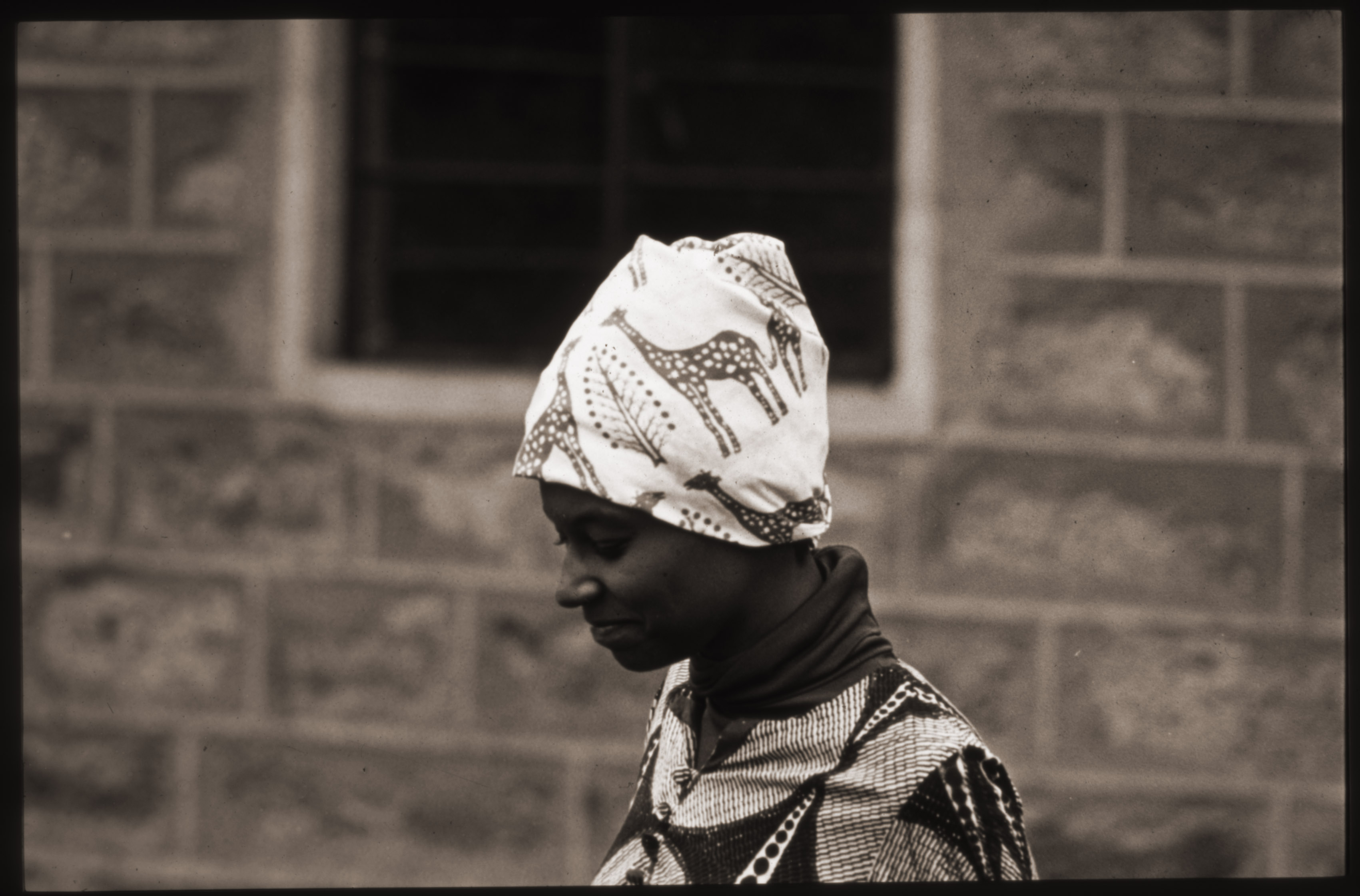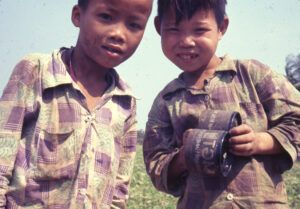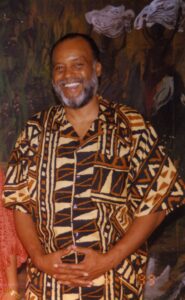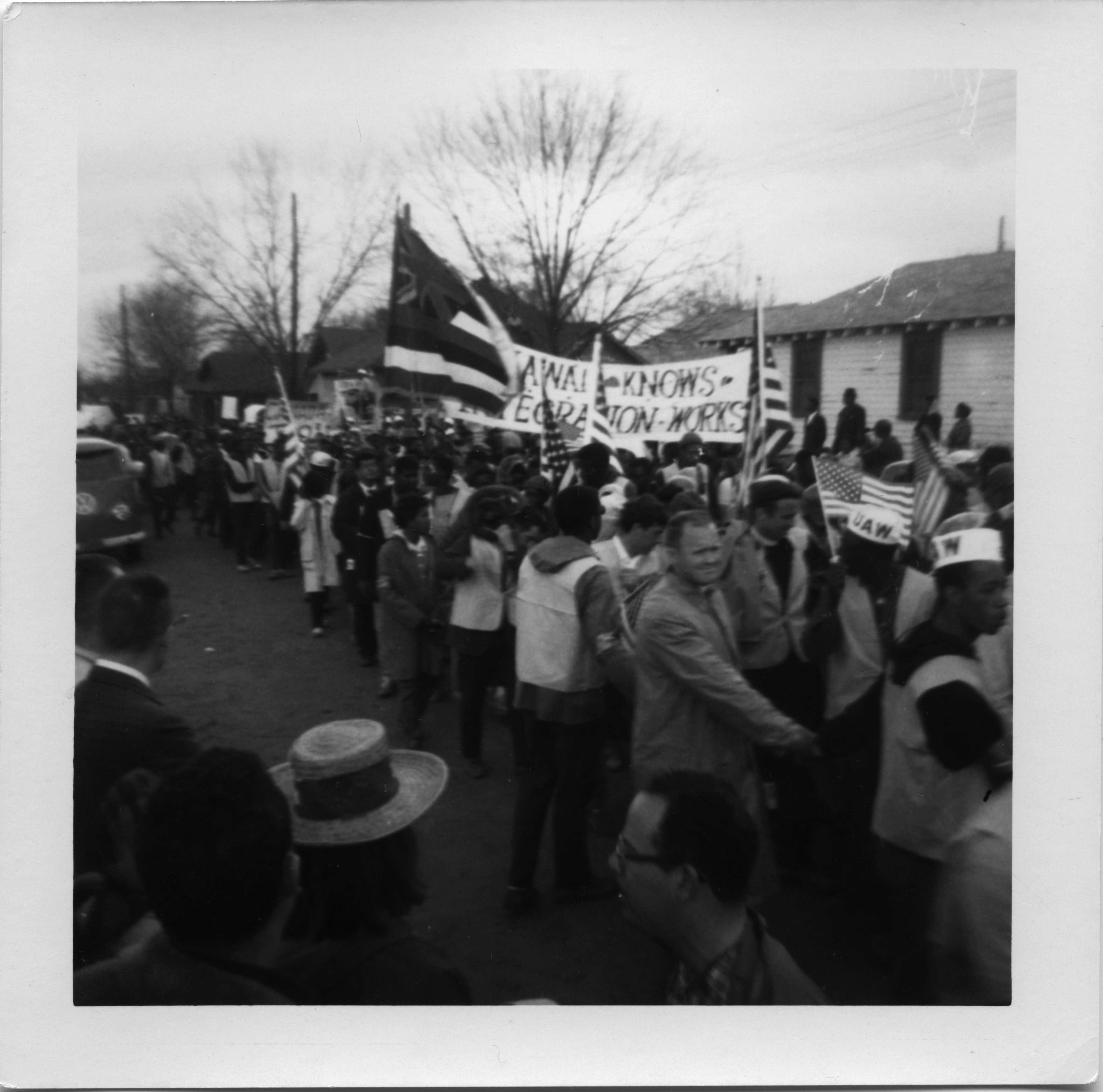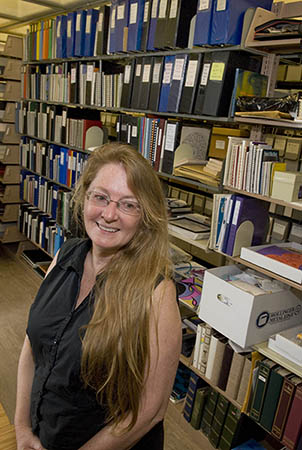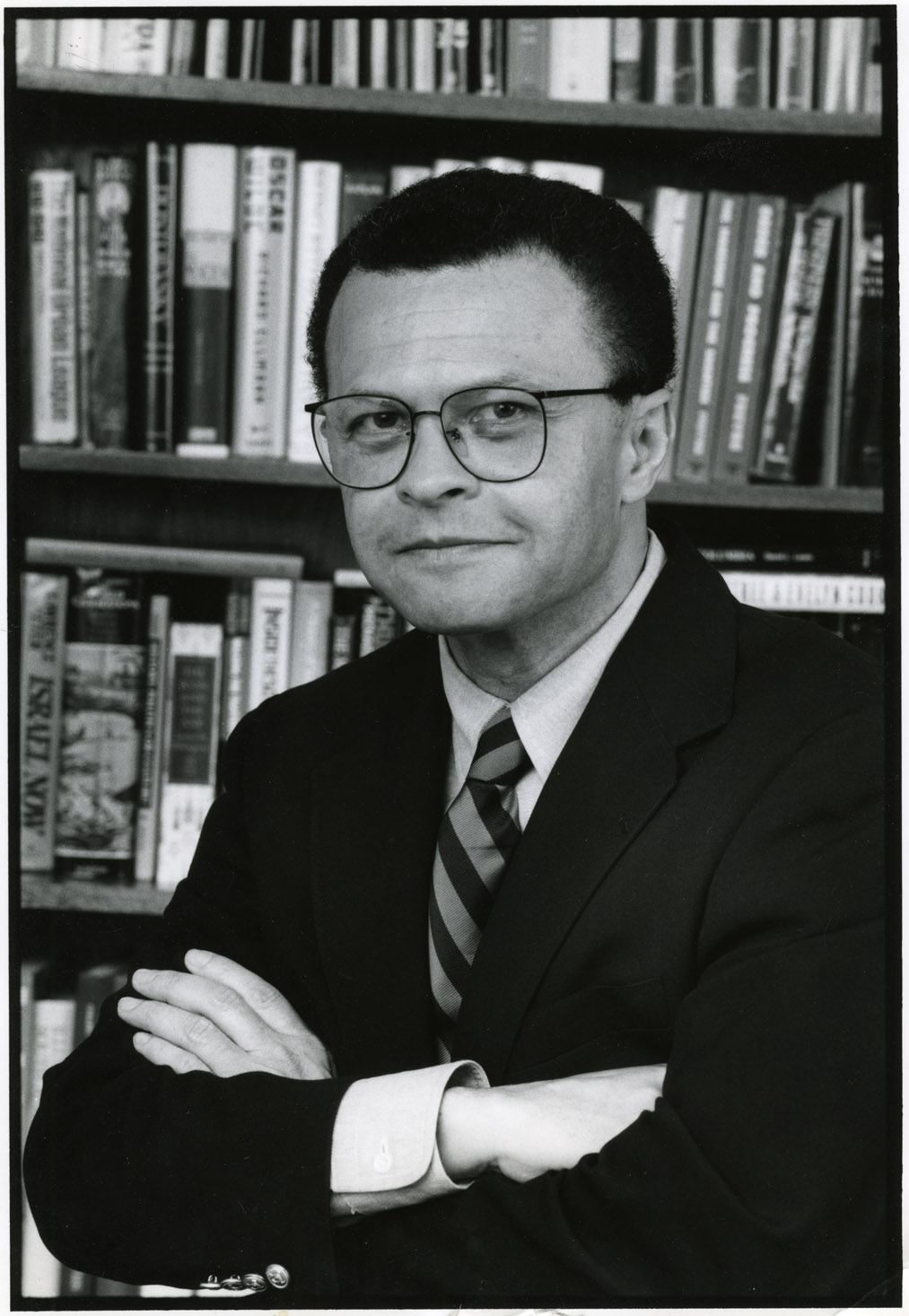Gene Bruskin Papers
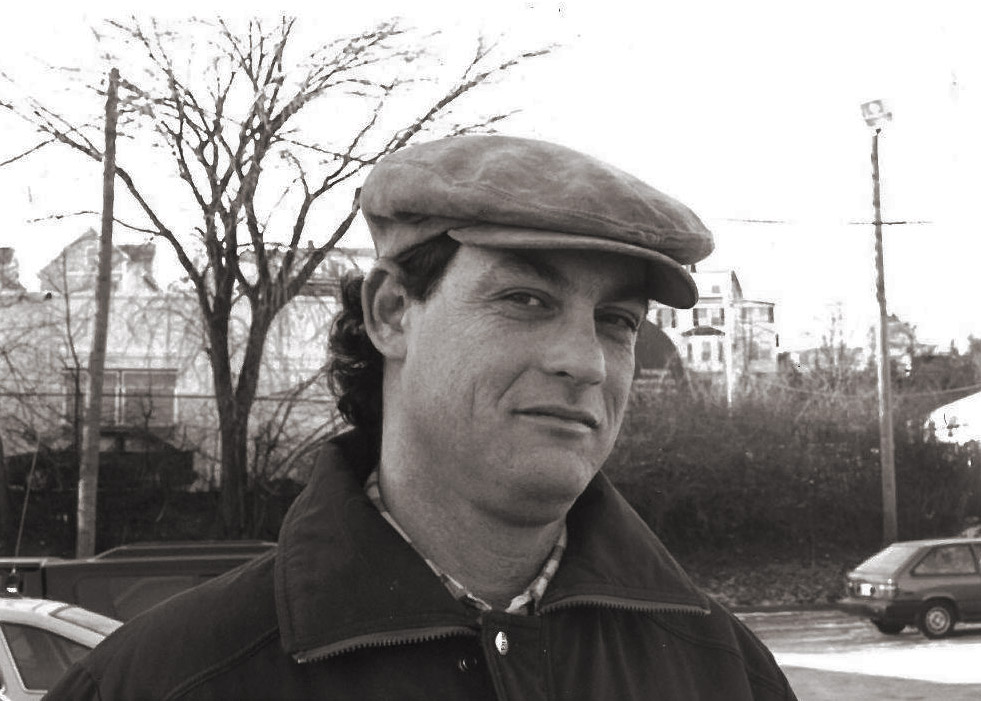
Gene Bruskin arrived at Princeton in 1964 as a basketball player and left as a political radical. After taking part in the Second Venceremos Brigade, Bruskin got involved in antiracist, cultural, and labor organizing in Boston. As president of the United Steelworkers of America local during the busing crisis of the 1970s, he helped win overwhelming support among the city’s bus drivers to have the union represent them, leading successful campaigns for better wages and working conditions and for safefty for the children. In the years since, he has held numerous high-profile positions nationally and internationally, including as labor director for Jesse Jackson’s Rainbow Coalition, Secretary Treasurer for the Food and Allied Service Trades Department of the AFL-CIO, and co-convener of U.S. Labor Against the War, an organization promoting peace and the demilitarization of U.S. foreign policy and an initiator of the National Labor Network For Ceasefire (NLNC). Bruskin was a major figure in the largest private union election in the history of the United Food and Commercial Workers when he led the successful campaign to unionize 5,000 workers at Smithfield Foods in North Carolina. Since retiring in 2012, he has continued to consult with unions and has played an active role as mentor for Amazon workers organizing across the country. In addition he has returned to some of his earlier undertakings in producing cultural works as a poet, songwriter, and playwright, centered on social justice and working class themes including three original musicals.
Documenting nearly fifty years of activism, Gene Bruskin’s papers are an exceptional resource for the labor movement in the 1970s through early 2000s, and particularly its radical flank. Although Bruskin’s early years are relatively sparsely represented, there is a significant run of <title render=”italic”>Brother</title>, the first anti-sexist, “male liberation” journal that he helped found while in Oakland, and the collection includes important material from his work in Boston with the Hyde Park Defense Committee, the Red Basement Singers, and especially with the School Bus Drivers and their tumultuous three-week strike in 1980.
The collection also contains a rich assortment of material on labor left and antiwar organizing in the 1990s and 2000s, the Justice at Smithfield campaign, and Bruskin’s work on behalf of single payer insurance, for International Solidarity, the American Federation of Teachers, and the Brotherhood of Maintenance of Way Employees.<lb/> Also included are materials about the US labor movements solidarity with workers in Gaza in 2024 as well as a range of documents about Amazon workers organizing, including important materials about the historic organizing victory of Amazon workers in Staten Island in 2022. In addition, there are a number of digital files of interviews with Gene about his work, past and present. Bruskin’s cultural work includes materials from his three original musicals, dozens of poems, and recorded original songs.

